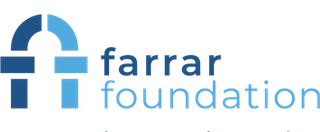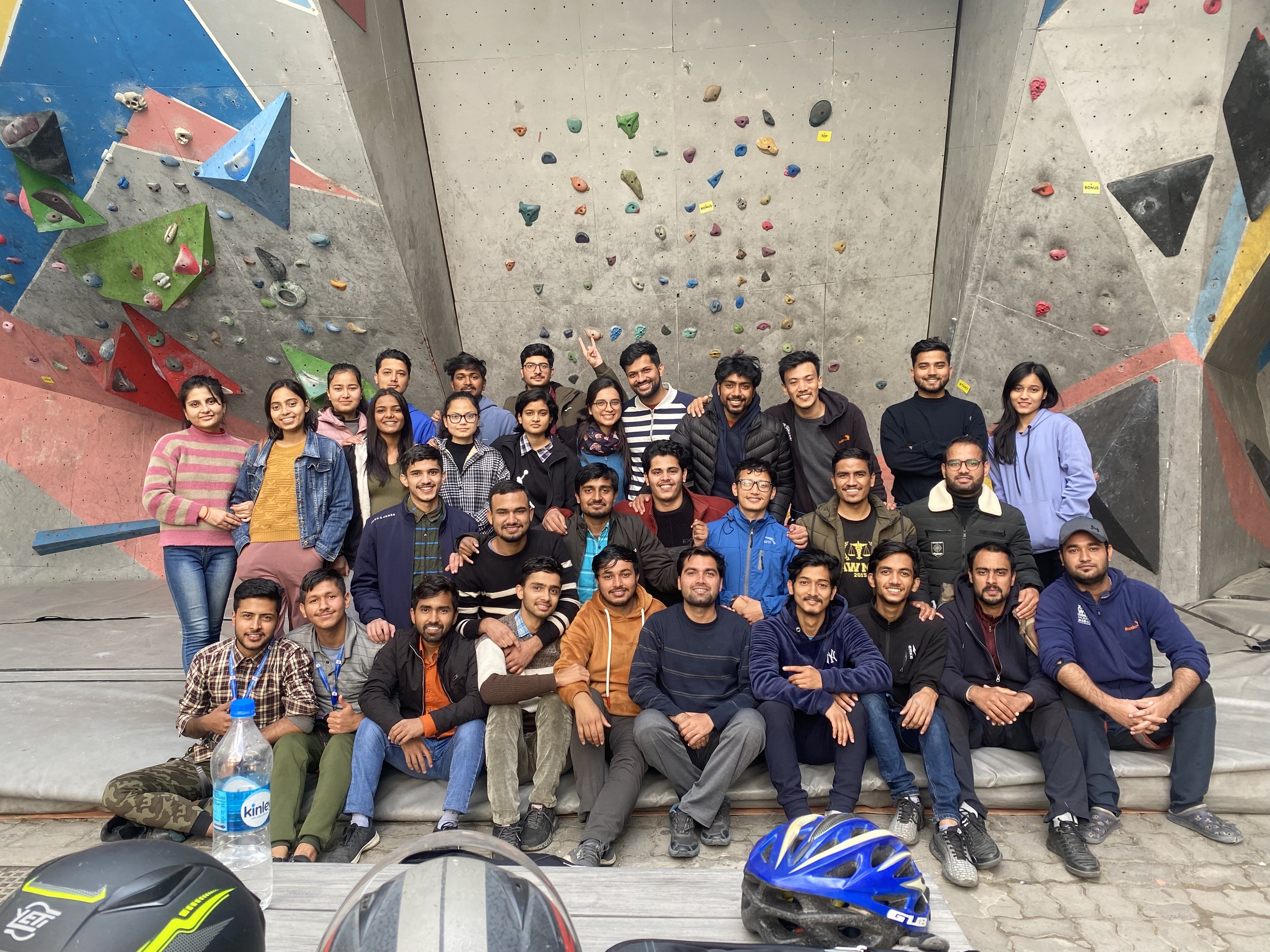2022 Mountain Medicine Society of Nepal Report
During the 2019-2022 period, the Mountain Medicine Society of Nepal (MMSN) has facilitated access to outdoor activities for hundreds of young people in the medical and paramedical community.
During Covid-19, online activities were affected and halted for some months, meaning that the number of activities were reduced. However, the provision of outdoor activities is more important than ever before; not only for sharing and utilising knowledge in High Altitude Medicine, but also facilitating time in nature for a community of people that the pandemic was particularly stressful and traumatic for.
Photo from the successful “Climbing for Fun” sessions run by the Mountain Medicine Society of Nepal.
Eleven one-day wall climbing and training programmes were held at Astrek Wall Climbing Centre, the Pasang Lhasa Climbing Centre and Kathmandu Climbing Sports Centre, facilitated by a certified trainer as well as a Diploma of Mountain Medicine. 15-18 students participated in these courses each time, learning basic rope techniques and climbing skills with safety precautions. This basic training provides a grounding in techniques which allow them to access the outdoors in a different way, as well as furthering their study of altitude medicine.
One example of how this training was built on is the two rock climbing and basic medical training programmes held at Shivapuri Hill, with two sessions being attended by 10-12 students each time.
Basic Medical Training at Shivapuri Hill
Other outdoor medical training programmes have also been delivered in this period, including two two day rafting and swift water rescue training with overnight camping. These trips were based around the Bhotekoshi and Trishuli river and attended by 20-25 participants each time. Similarly, four one day hiking programmes were run where case scenarios were taught. The 20-25 participants received training which covered managing trauma patterns, ankle injuries, use of emergency kits and basics of airway management, as well as other potential hazards and injuries whilst hiking. Three one day cycling sessions with 12-15 participants for each were also provided this year.
One of the one-day mountain cycling sessions.




